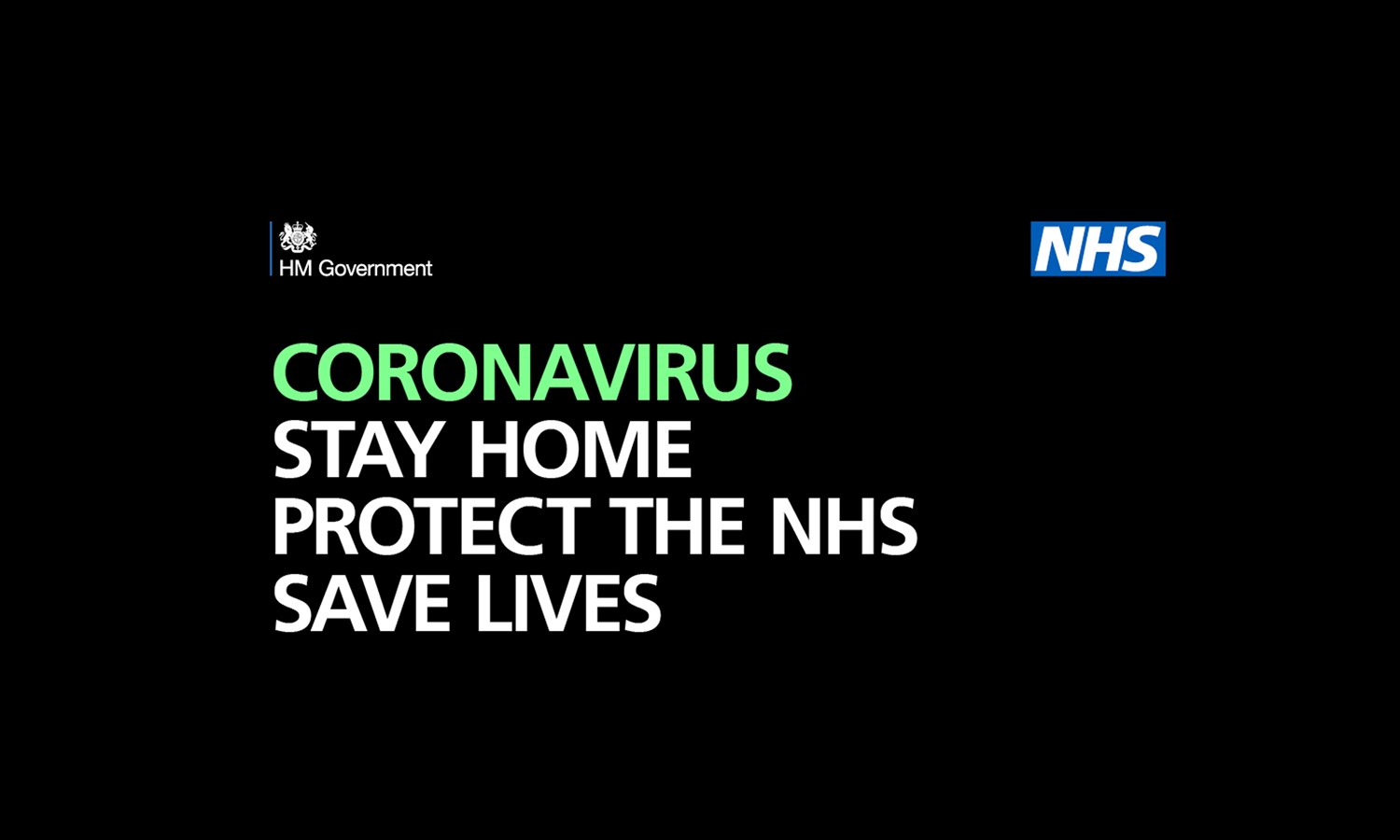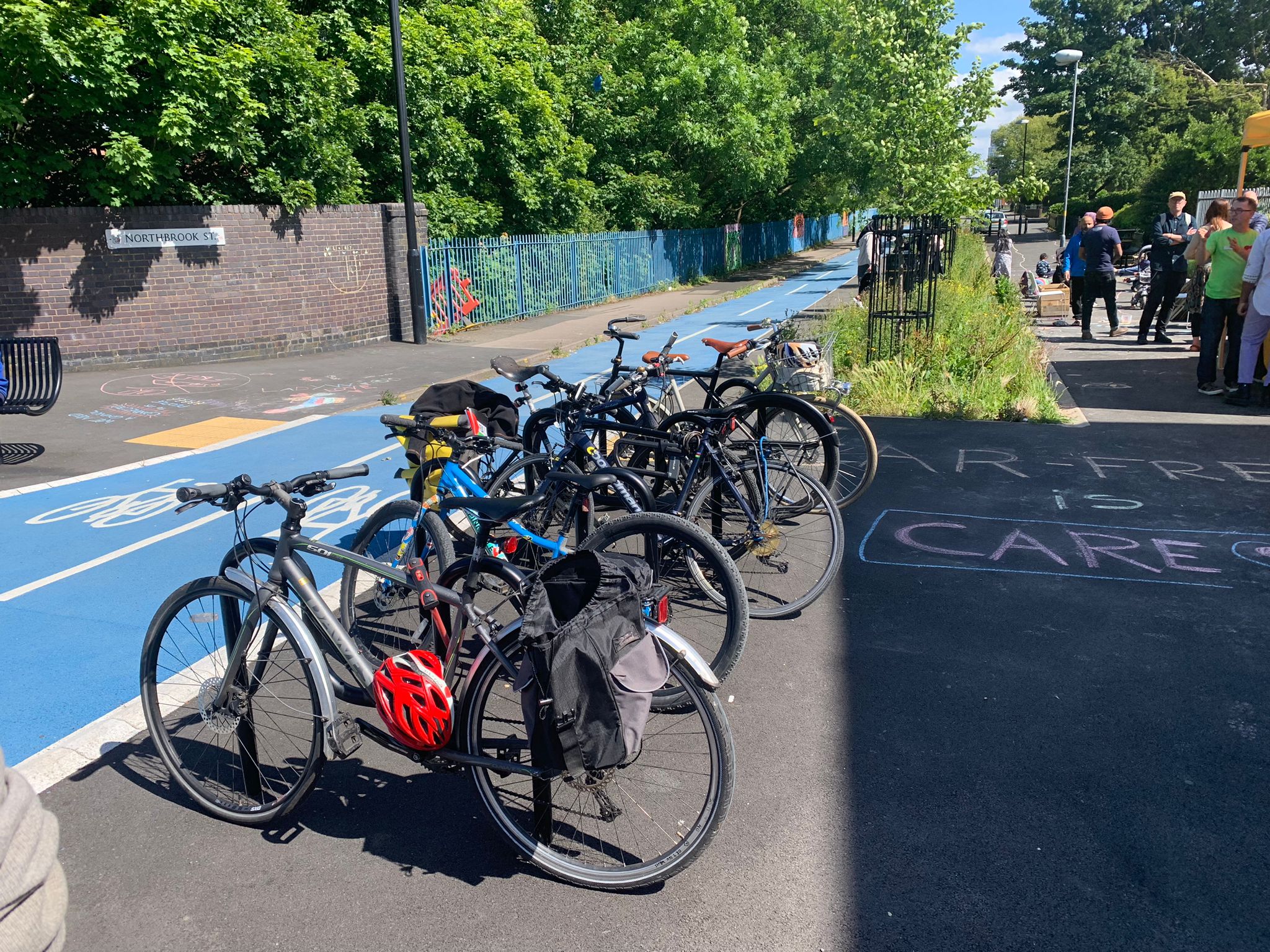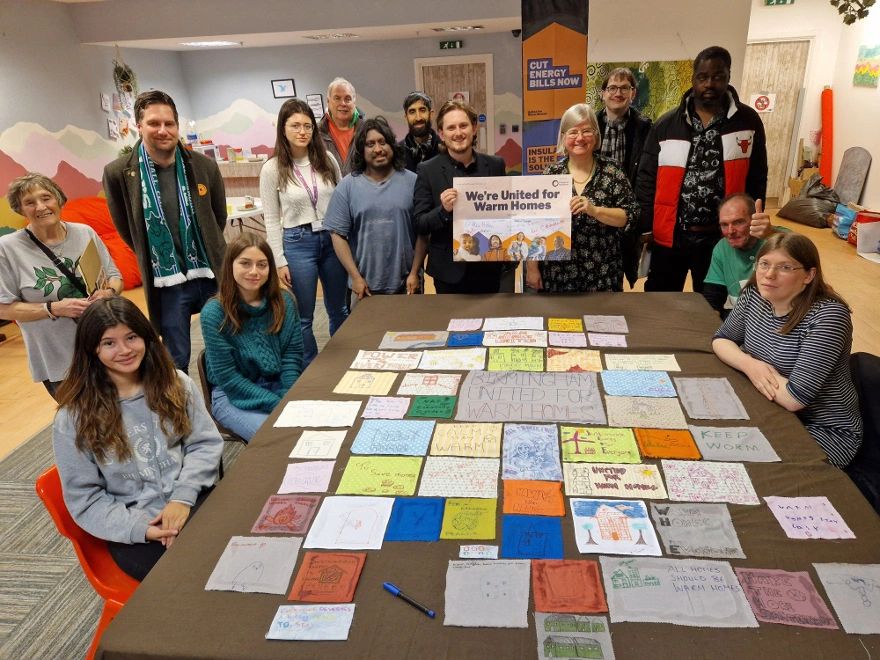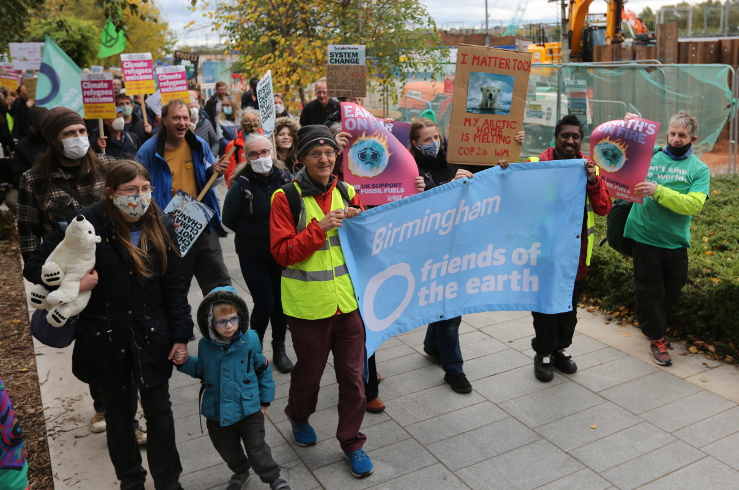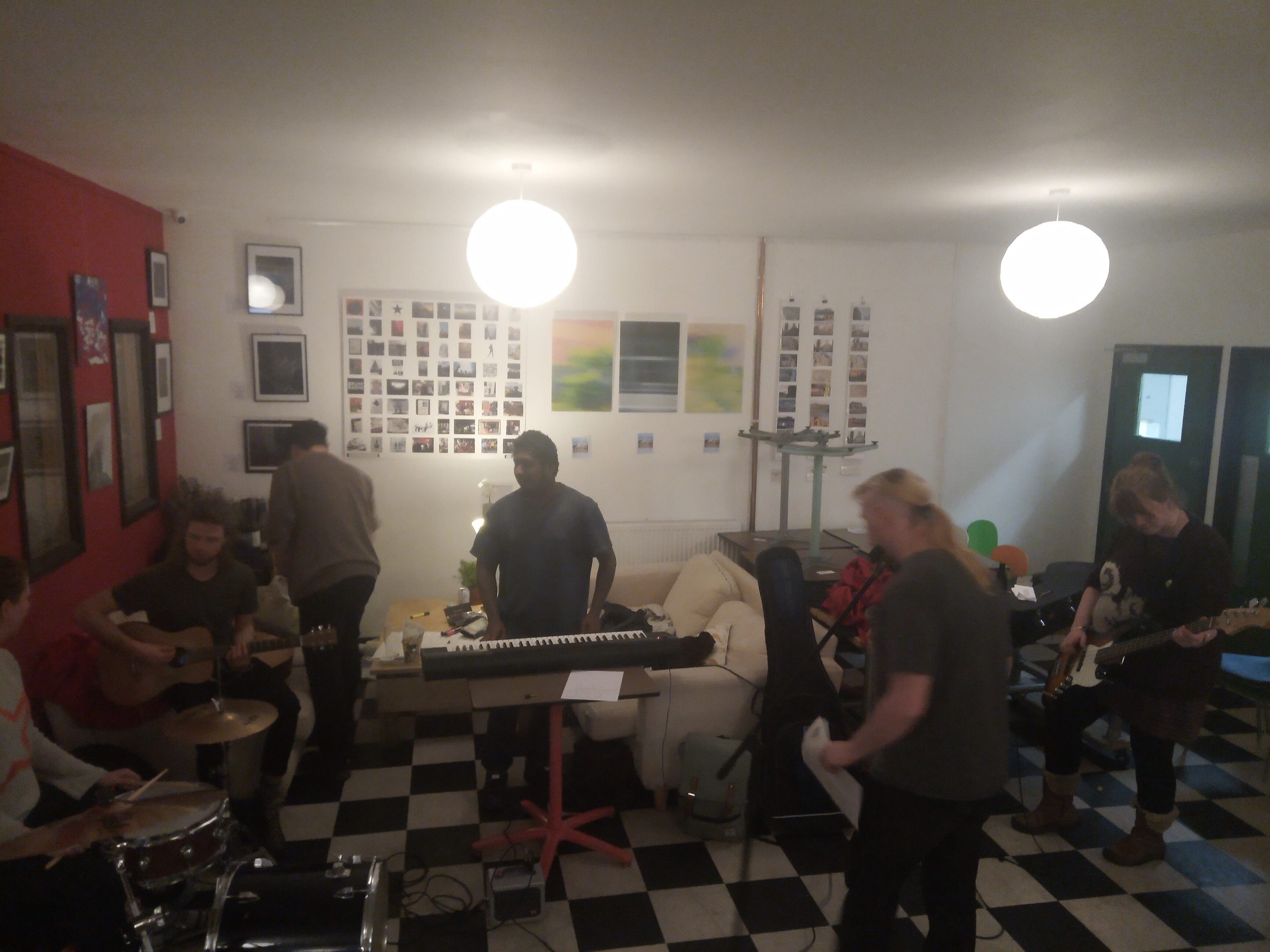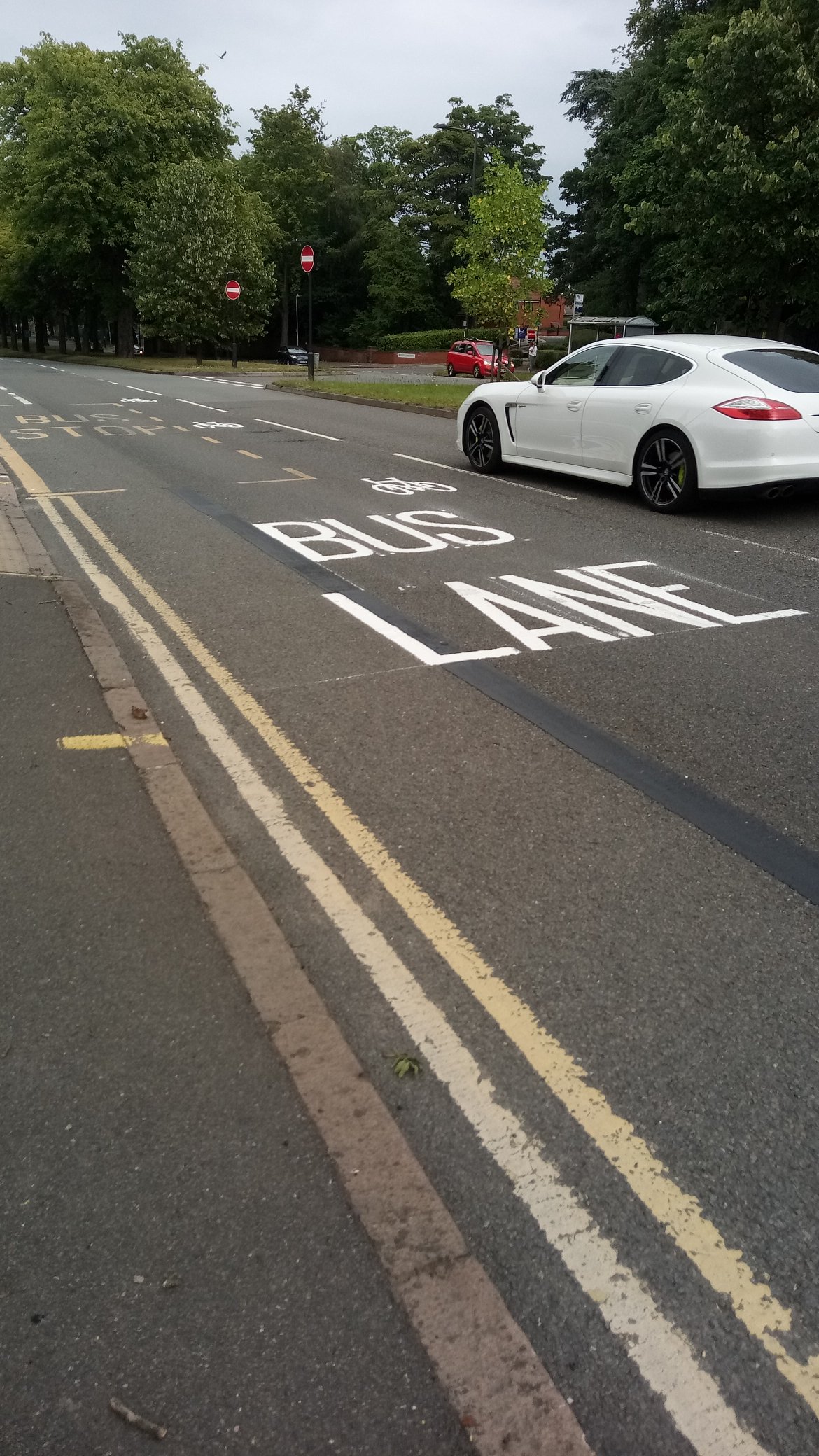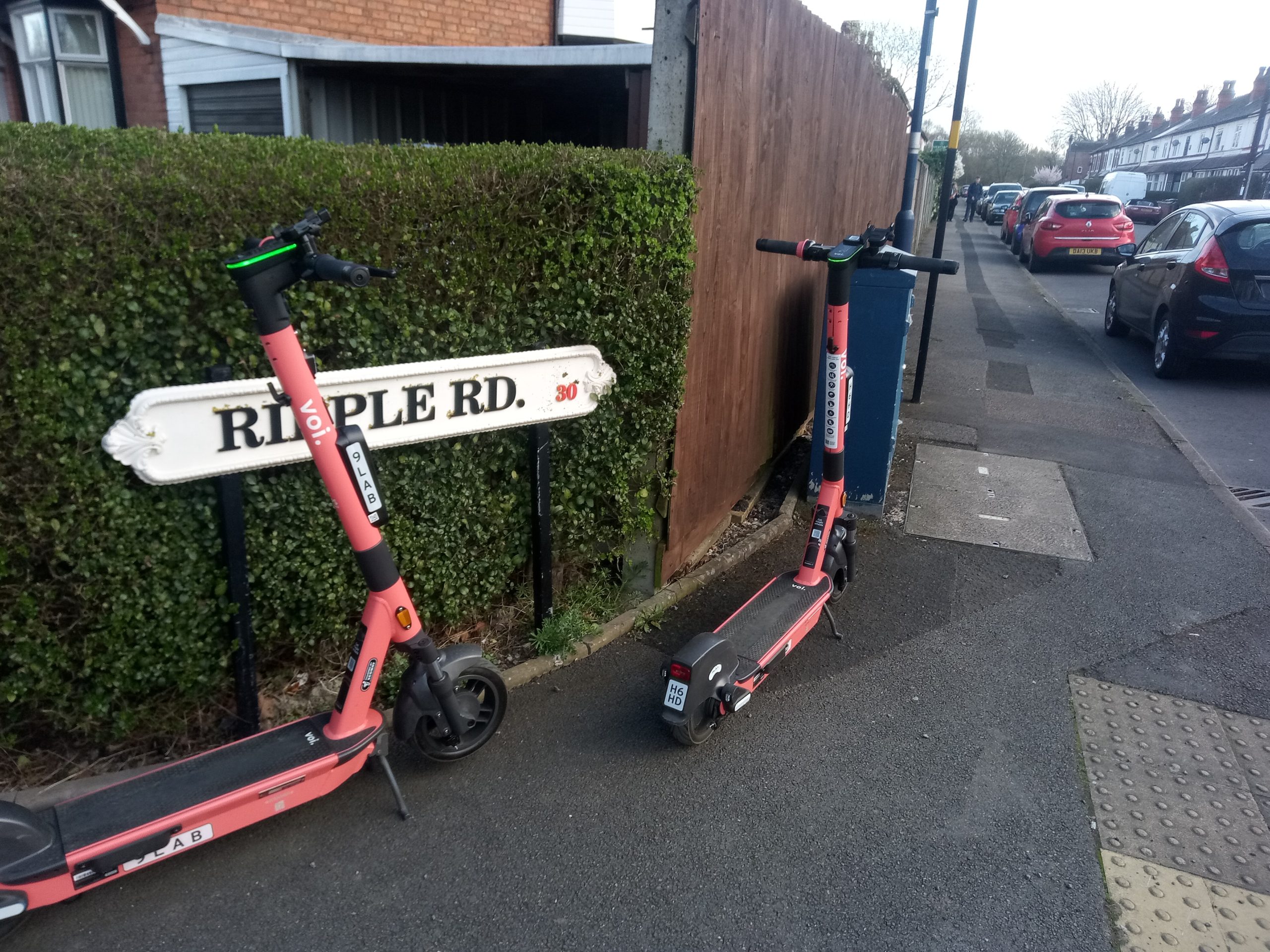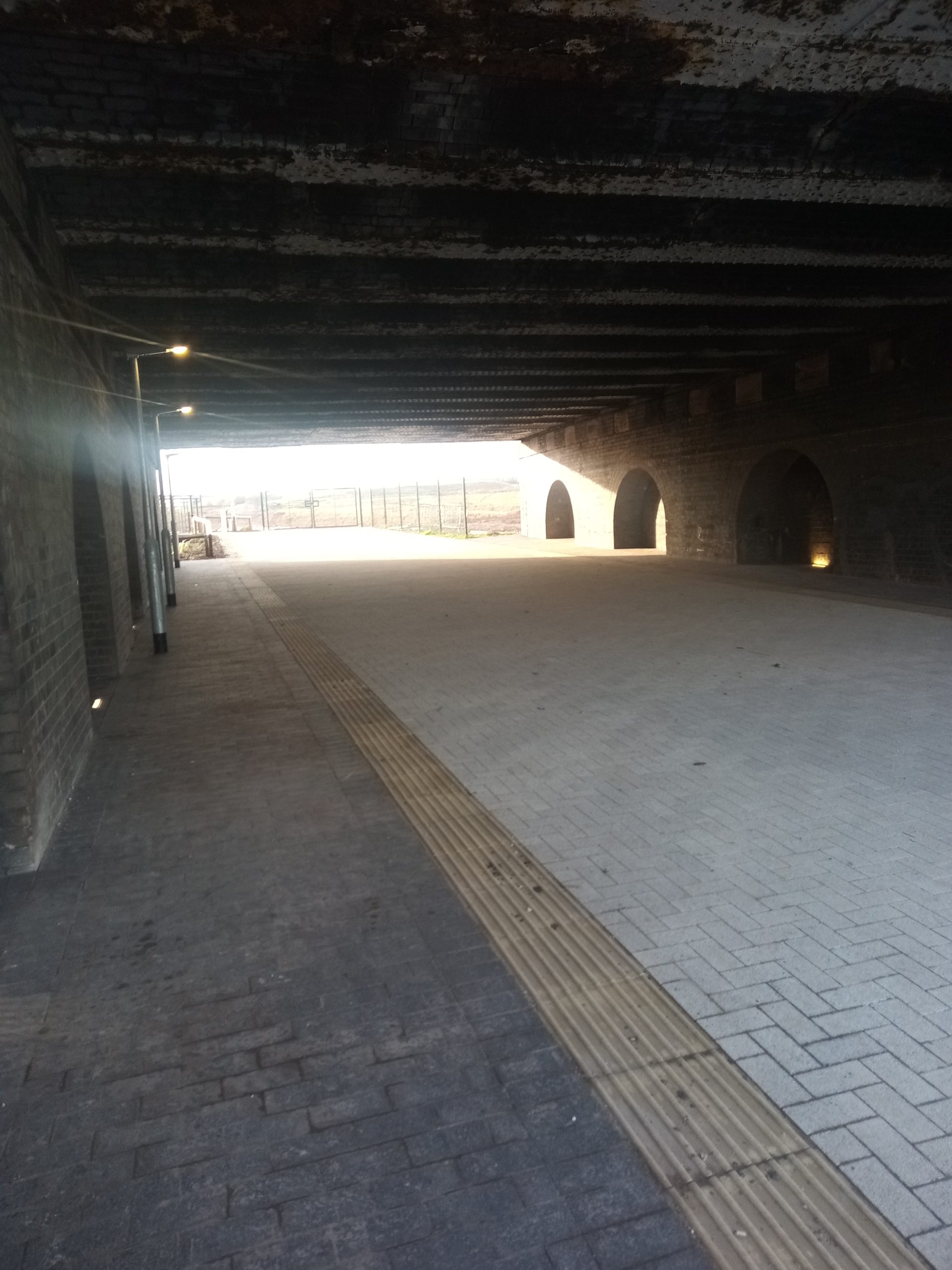A shock that we did not see coming
I’m a director of several Co-operatives and CIC’s. They have separate aims and hope to achieve distinct outcomes, but they all broadly try to work towards the same long term goal; A more sustainable society. The current crisis in our world caused by Covid 19 has taken everyone by surprise. I hosted a pub quiz in February where Covid 19 was an answer to one of the questions. Even by early March, we still had no idea that the UK would be in virtual lockdown. I came back from a Stag do on the Monday afternoon and by the evening the announcement of the lockdown happened.
Adapting Rapidly
All the organisations that I’m involved with had discussed what could happen, but without realising how seriously and quickly the situation would change. All the organisations that I have strategic involvement with have had to adapt incredibly quickly. Every single one of them had face to face meetings as standard. If somebody could not attend in person, there was the possibility to call in or attend virtually via skype, but whether this would work or not, would not be guaranteed. We now no longer have the option to meet in person, meaning that we have to meet via video call. I’d never heard of Zoom until recently, but now I’m having zoom meetings almost daily. Some of my fellow directors have struggled with the technology but have now go to grips with it. We are all lucky in the sense that we have access to a reliable internet connection and a device that is zoom compatible. As a Director of these organisations I’m not involved in the day to day running of what goes in within the organisations, but I’m involved in the decision making process as to what happens next. We can learn lessons for when the pandemic is over. Remote meetings can be a good way of working. Perhaps we don’t need to rush between meetings as much as we do now. Sometimes we travel long distances and spend a long time getting to meetings.
Lessons need to be learned
One thing that we do know, is that we can not go to business as usual as a society once this crisis passes. Society has been rapidly reshaped recently. When I exercise in the form of cycling outside, the air is much cleaner and the congestion has been massively reduced. Once Covid 19 ends and we can return to some sort of normality, we have the opportunity to collectively think about how our society is shaped. When we’ve had major crises before, like the financial crisis of 2009, the negative sides of consumption like pollution and carbon emissions fell. The problem is that they returned to pre crisis levels fairly soon after the crisis ended. If we go back to pre Covid Crisis levels of consumption, we will still fall into the catastrophic consequences of the Climate Emergency. I hope that we don’t forget about the Climate Emergency once our current predicament is over.
Examples of organisations that I’m involved with and how they are coping
The organisations that I’m involved with on a strategic level are coping in different ways The Real Junk Food Project Birmingham can still operate on a reduced scale. The Real Junk Food Project Birmingham distributes food that would otherwise go to waste to people that need food. Distributing food to people is essential and The Real Junk Food Project Birmingham works with the Active Well Being Society and other groups to do this whilst we still can.
Birmingham Friends of the Earth owns a building a Digbeth where it hosts retail and office tenants as well as campaigning for a more sustainable Birmingham. Lots of our public facing operations have had to be stopped, but our kitchen that is normally being used by a Worker Co-op has been repurposed to deliver food to those in social isolation. The new mutual aid organisation is called Co-operation Birmingham. Birmingham Friends of the Earth will continue campaigning, but remotely rather than public engagement. We are not certain as to what shape this will form, but we will adapt as required. Holding Birmingham City Council to account during these uncertain times may be a focus. In times of crisis, democratic structures are often weakened. Birmingham Friends of the Earth can lobby the council to keep doing what is right by the environment, like we always have done.
The Birmingham Film Co-op shows films that talk about social justice. Unfortunately, we have had to postpone our screenings in the near future but will recommence screenings when the pandemic passes.
Central England Co-op is a billion pound retail, funeral and travel Co-operative business. I’m currently Chair of their Membership and Community Council. The Membership and Community Council conducts the community activities and helps spread the Co-operative message to our regions. We also support member groups in Co-operative activities. I’ve helped organise a Co-op 5 aside football tournament and Co-operative Songwriting sessions. As an example as how we can adapt during these times of self isolation the Co-op Songwriting group are unofficially meeting via Whatsapp. We work on a piece of music and then send it to everybody else in the group for somebody else to develop the idea. Central England Co-op has had to postpone public facing events for the time being.
What this unexpected crisis has demonstrated is that a crisis can come from anywhere and affect us in ways we did not think possible. Being adaptable is key to trying to mitigate the damage that a crisis like this will have on an organisation. We are learning important lessons day to day. Who knows what the situation will be like in two weeks, a month, even three months? Remote working has partly been possible because of our adaptability and our fortunate circumstances. When this crisis passes there will be important lessons that we will hopefully learn. Business as usual is not an option if we want to live sustainably.
Moving forward?
What this unexpected crisis has demonstrated is that a crisis can come from anywhere and affect us in ways that we did not think possible. Being adaptable is key to trying to mitigate the damage that a crisis like this will have on an organization. We are learning important lessons day to day. Who knows what the situation will be like in two weeks, a month, even three months. Remote working has partly been possible because of our adaptability and our fortunate circumstances. When this crisis passes there will be important lessons that we hopefully learn. Returning to business as usual is not an option if we want to live sustainably.

